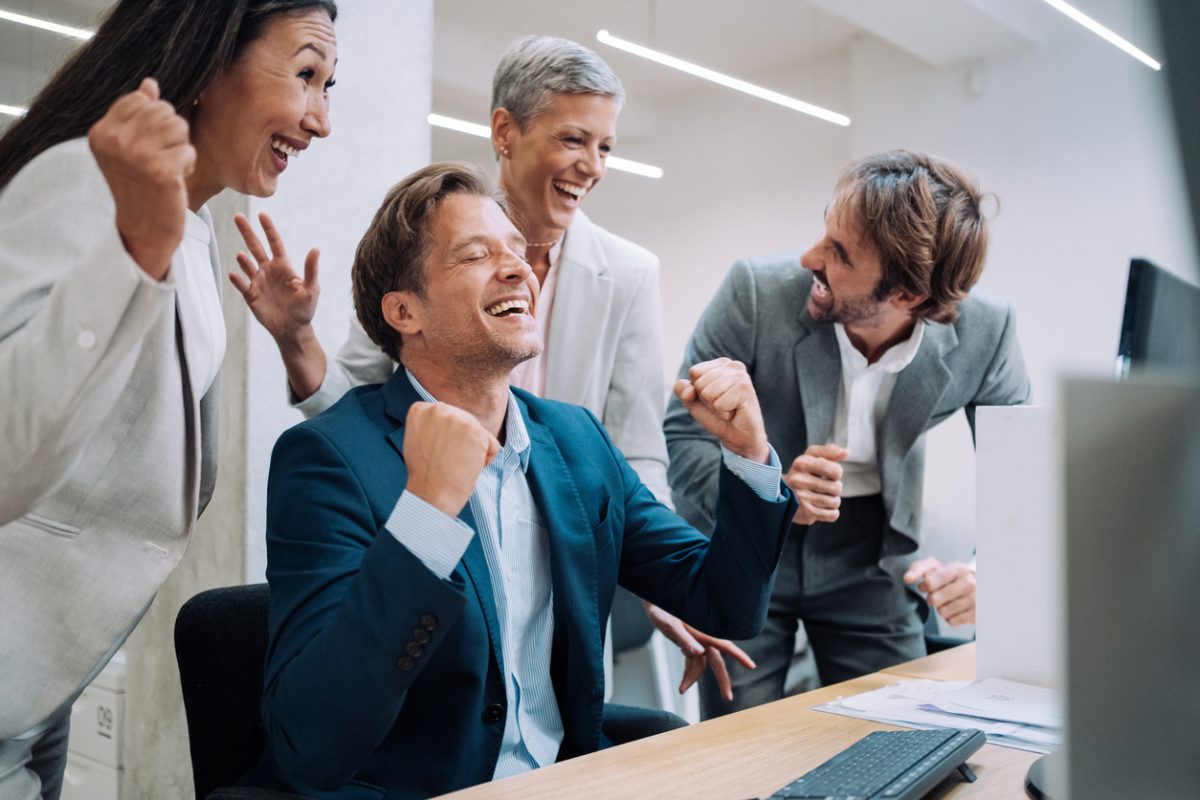
In a perfect world, work would be as flawless and blissful as a stock image. (Spoiler alert: it ain’t.) Photo: iStock.
I was recently chatting to a young woman who graduated from year 12 last year. I asked her what she was up to now, assuming she was taking a gap year and then attending university.
“I didn’t get an ATAR,” she told me. Instead, she’s working for her coach in the sport she loves and qualifying to become a coach herself.
“Good on you!” I told her.
“Uni isn’t for everyone and there’s so much variety of work opportunities that don’t need a degree!”
Why is it that I could easily give her advice I never considered when I was her age? The evening prior, I had caught up with a friend I met when I was an undergrad at the ANU. We were chatting about how neither of us really loves the field of work we’re in, but we’re good at it and have invested so much of our working lives into it that we feel a bit stuck.
After chatting with the younger woman, I was perplexed. It seems I gave up some time ago on the idea of ‘loving my job’ and looking at my peers, I can count those who genuinely enjoy their work on one hand.
It’s a strange realisation because my generation were big adopters of the ‘follow your bliss’ mentality. We swarmed the workforce, determined to ‘make an impact’ and ‘live our best lives’. The idea of passion and work being synonymous is one I bought into and that coloured the early years of my career with bewilderment because I was not convinced that what I was doing daily would ever bring me satisfaction.
But I couldn’t reconcile this ambivalence with the rhetoric that had encouraged me to go straight from year 12 to university to a corporate job in an office. I was following the steps, but bliss was eluding me.
COVID was a big wake-up call for many of us. Suddenly we glimpsed that the way our lives have been focussed around work as the primary goal and everything else as being ‘balanced’ around it is perhaps not conducive to happiness.
The flexibility COVID forced in the workforce, for white-collar industries especially, showed that there is a better way, we just weren’t adopting it.
But flexibility without major changes in expected productivity and outcomes is just changing the shape of the biscuit, not the recipe.
My young friend surprised me with how confidently she could identify what she didn’t want, even though her decision didn’t align with our dominant societal expectations.
It made me realise that work doesn’t have to be our primary identifying characteristic. Having a stable income is a blessing and a privilege, but we manage to make it an exhausting, demoralising and frustrating aspect of life when we demand both money and emotional fulfilment from our work. Maybe it’s less about bliss and balance and more about untangling who we are from what we do.
Maybe it’s enough to just do your job well. You don’t have to love it or be passionate about it. After all, if there’s one thing that’s certain, it’s that work won’t keep us company if we get to a ripe old age.
Original Article published by Zoya Patel on Riotact.
















